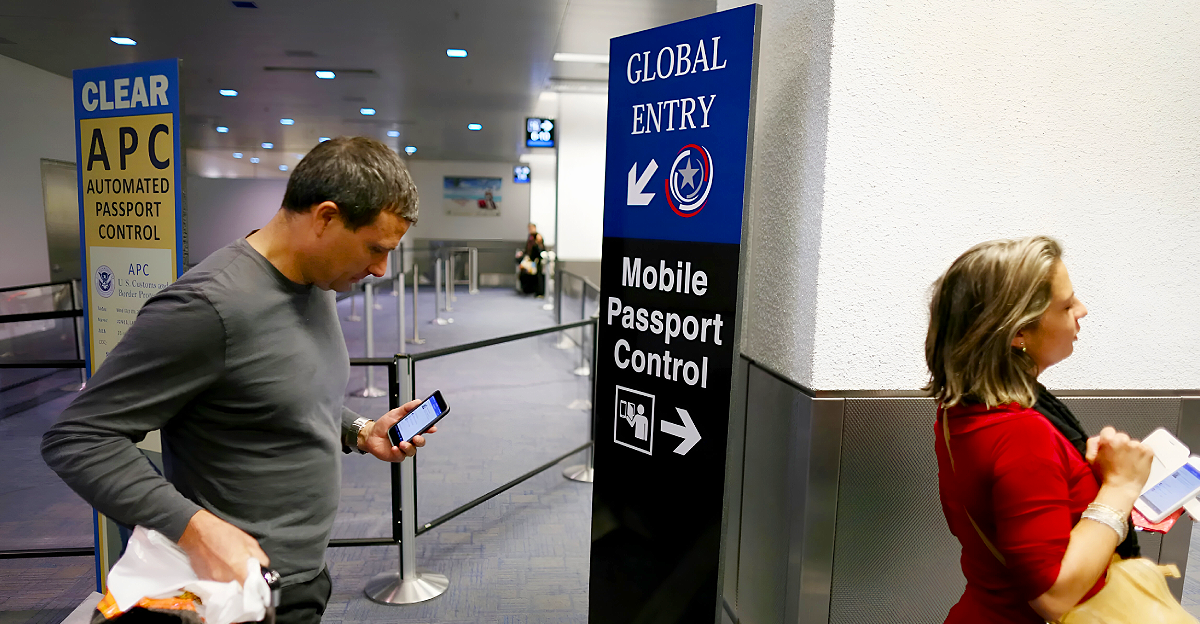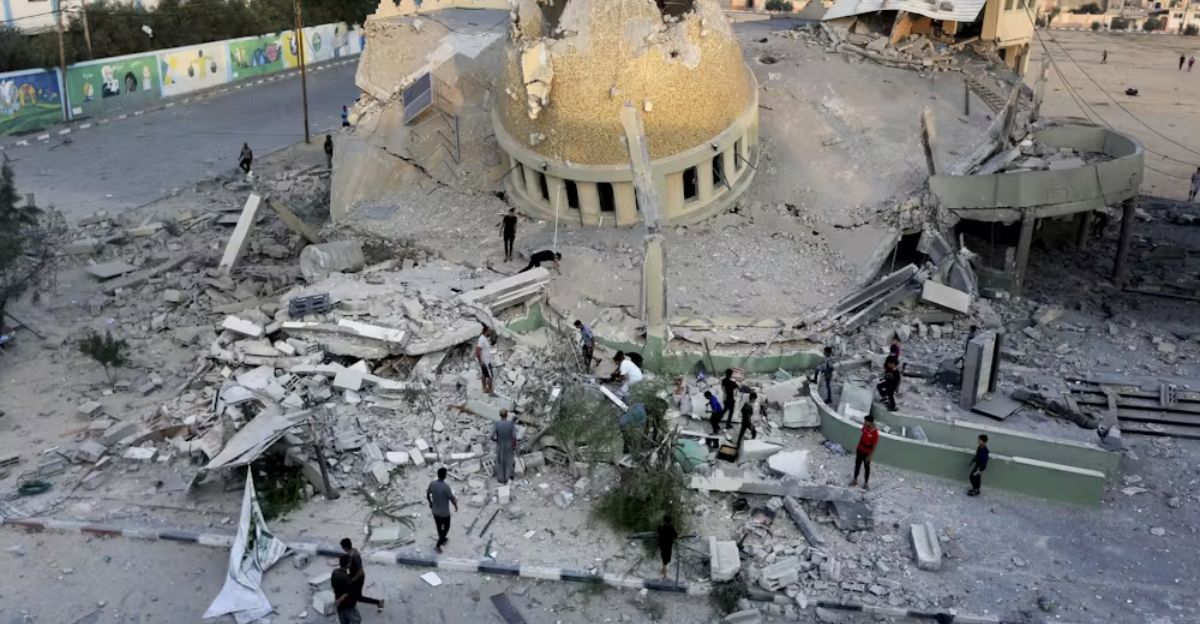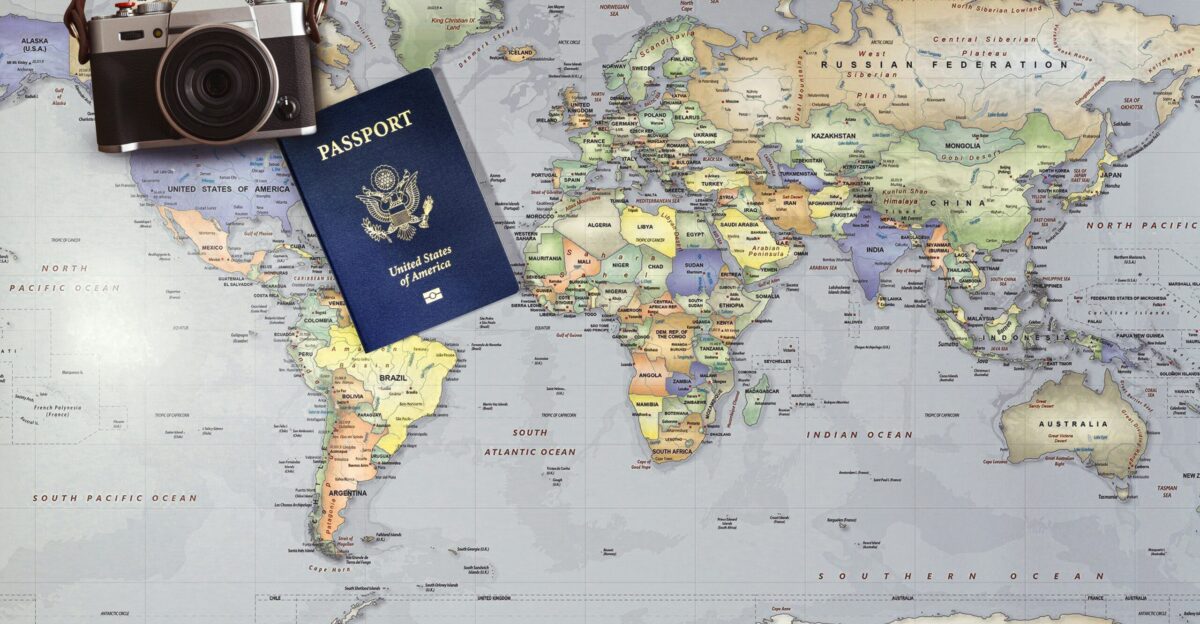
Even though the state department never alerts all Americans traveling abroad, the institution broke with tradition in June 2025 by issuing a rare advisory for all Americans worldwide to show even greater caution while traveling abroad.
In summary, the subsequent U.S. bombings of Iran’s nuclear facilities had added to rising tensions between Iran and Israel, which then included interrupted travel routes and, in some cases, temporary closure of airspaces in different locations in the Middle East.
This Level 2 warning indicates increased risk, requiring more caution, but doesn’t prohibit travel.
Decoding State Department Security Advisory Levels—What Does ”Increased Caution” Mean Really?

State Department travel advisories are categorized as Level 1 (“exercise normal precautions”) to Level 4 (“do not travel”). The present global security alert is a Level 2 admonition that Nebraskans should be careful but may continue with their plans nonetheless.
This balanced approach considers actual dangers, as when public anger at U.S. targets erupts in demonstrations, it stops short of announcing that everything in general is dangerous to do.
Based on intelligence and DipSec threat assessments, the nuanced danger advisory calls for greater vigilance without resorting to panic. Because danger varies by location, refer to country-specific alerts..
Why The Israel-Iran Conflict Is Leading To Risks For Global Travel

The Israel-Iran fight is the underlying driver of this flashpoint, resulting in missile attacks, airspace closures, and increasing local instability. Level 4 “Do not travel” warnings have been issued to Iran, Iraq, Syria, Yemen, parts of Israel and the Palestinian territories, Jordan, and the UAE.
Level 2 alerts show these regions, but cancellations, rerouted traffic, and airline disruptions impact locations worldwide. What does this mean for American prospects? Even if not at risk, other nations will witness the consequences through potential protests and geopolitical actions, threatening conflict zones in the near term.
The Role Of Airspace Closures and Travel Disruptions

The war has also grounded airlines, and flight diversions across the Middle East have taken more time and money. United Airlines and American Airlines have eliminated services to Dubai and Qatar, and Iran, Iraq, and Jordan have periodically had airspace closures.
These dampen the broader implications of the region’s effect on logistics, tourism, and international business. Passengers can expect higher fares, flight delays, cancellations, and other long shots that this standoff has presented.
This provides a glimpse of how a worldwide showdown hits home in the shortened transactions of American travel and commerce.
Protests Against US Citizens

The advisory also includes a threat of anti-American protests outside the U.S., a potential danger that most casual space trips discount. However, they can occur unexpectedly due to local conflicts or as a target for the US foreign policy.
The situation could deteriorate into violence, potentially jeopardizing Americans even in countries unrelated to the dispute. The State Department’s warning seeks to remind the public that potential dangers exist everywhere.
Even if you are not caught up in a conflict, you should avoid demonstrations and stay aware of local political situations. The warning adds that security risks and threats now extend beyond combat zones.
How Travel Alerts Serve As Tools For Diplomacy and Public Safety

Beyond immediate security threats, travel warnings serve as psychological and strategic instruments. In summarizing the U.S. government, the caution results in the citizens’ and foreign friends’ perception degrees in directing behavior toward travel, diplomacy, and transactions.
The language and timing thus form an intricate balance: caution against alarm, deterrence inbound against alienation. Psychologically, the warnings heighten traveler anxiety and provoke preparedness, such as enrolling in the Smart Traveler Enrollment Program, which makes it easier for the embassy to help in an emergency.
Recognizing the Applicability of Historical Global Warnings to Current Advisories

It is the third global warning by the State Department in under two years, after warnings issued during the war between Israel and Hamas in 2023 and threats to LGBTQ+ travelers in 2024.
By precedent from the past, this type of blanket warning is rare and only for periods of severe, widespread risk. It shows how emerging or potential global threats evolve from regional conflicts to those with international consequences.
Experts predict this scenario will become a reality in the 21st century. More geopolitical flashpoints will start to intersect with civilian travel, which will also mean increased disk sophistication, which travelers and the government need to use.
How Emerging Technologies and Data Analytics Enhance Travel Safety

One of the most striking features is how the State Department leverages real-time intelligence, in-country embassy reporting, and data analysis to post these warnings.
The latest technologies, such as AI-augmented risk models and cell phone-based alert systems (e.g., STEP), redefine how people receive and respond to information.
This intersection of diplomacy, technology, and behavioral science represents a new paradigm for international travel security, setting a new standard for anticipatory risk reduction in the uncertain world.
The Impact Of US Military Operations On The Travel Patterns Of Civilians

The frequent U.S. air attacks on Iran’s atomic sites in the last month, for example, are an illustration of how pronounced military behavior will immediately modify a travel frame of thought for noncombatants.
The bombardment led to actual-time locks of airspace, terminations of flight supervisors, and security alerts worldwide. This instance is typical of the second and third-order consequences of military decisions on global mobility, economic stability, and diplomatic relations.
It is also symptomatic of the delicate balance governments must strike between defending national security concerns and protecting their citizens overseas.
The Broader Implications For US Travelers and Global Security

The State Department’s global security alert is an alarm call that, in today’s interconnected world, any war or conflict in a particular area has global implications on travel and international diplomacy security: situational awareness, flexible planning, and proactive contact with official warnings for US travelers.
For US travel, it is a message of an extended period of geopolitics that calls for adaptive diplomacy and imaginative risk management. The alert is not only an alarm call but a call to recognize the dynamic nature of global security and the role of citizens and governments within it.
Discover more DIY hacks and style inspo- Follow us to keep the glow-up coming to your feed!

Love content like this? Tap Follow at the top of the page to stay in the loop with the latest beauty trends, DIY tips, and style inspo. Don’t forget to share your thoughts in the comments — we love hearing from you!